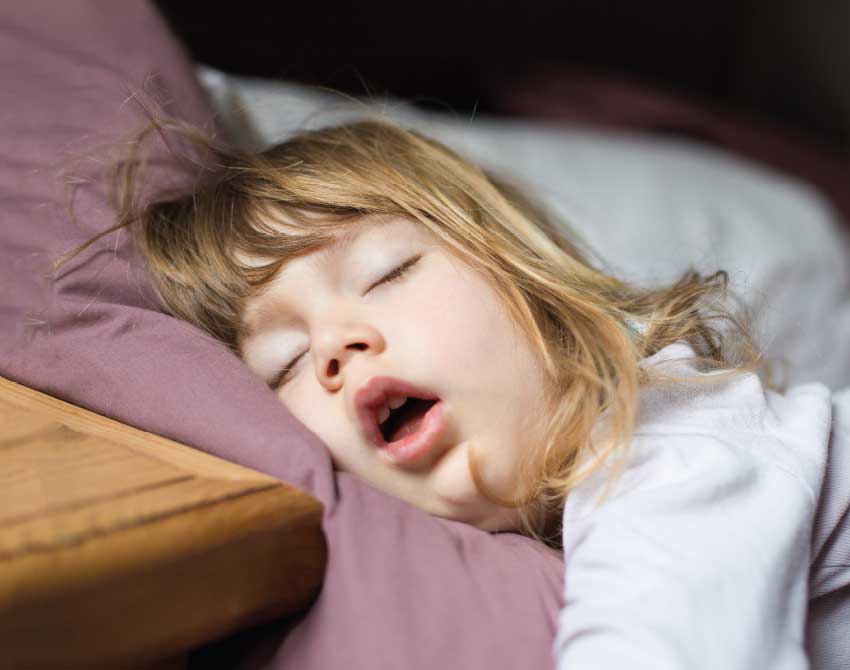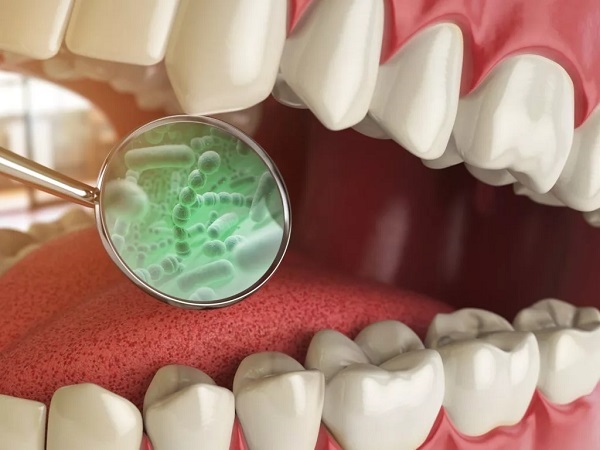
Guardians invest money and time to ensure their kids are protected, yet did you know that how your kids breathe can have significant Irreversible Consequences—positive or negative—on their health? Kids who take part in regular Oral Respiration early in life can be more powerless against various issues, going from skin infections and GI issues to sleep breathing issues like obstructive sleep apnea.
The vast majority normally breathe through their noses almost all the time. People advanced this way as a survival procedure – it keeps our breaths going as we eat with our mouths, so we don’t gag.
But some people foster Oral Respiration further down the road or are brought into the world as mouth breathers because of their body’s primary makeup. Both cases can make you unknowingly breathe through your mouth, which could prompt other health problems.
We all know what it likes to have a cold, with a nose so stuffy that you can’t respire through it. In this situation, we breathe by our mouths instead, which is how it should work essentially. Oral Respiration is an emergency backup, not the default. There are many adverse consequences of mouth-breathing full-time, especially if the habit starts in childhood.
Why Does Oral Respiration Become A Habit?
Numerous things can prompt an Oral Respiration propensity. A little kid may get a cold and then essentially breathe through his mouth when his nose clears. An issue with bite alignment can make it hard to keep the mouth closed. Persistent allergies, overlarge tonsils, or a digressed septum could make nose-breathing troublesome or impossible most of the time. Luckily, these issues can frequently be tackled by orthodontic treatment or medical surgery.
How to Discover and Prevent Oral Respiration?

The underlying cause of most cases of Oral Respiration is a hindered nasal aviation route.
All in all, something is forestalling the smooth passage of air into the nose. If your nose is impeded, the body naturally turns to the primary source that can give oxygen — your mouth.
There are many explanations for a blocked nose. These include:
- Nasal clog brought about by allergies, a cold, or a sinus contamination
- Enlarged adenoids
- Enlarged tonsils
- Strayed septum
- Nasal polyps, or harmless developments of tissue in the coating of your nose
- Enlarged turbinates
- The state of the nose
- The shape and size of the jaw
- Cancers (uncommon)
Specific individuals foster a propensity for breathing through their mouth rather than their nose even after the nasal obstacle clears. For particular individuals with rest apnea, it might become a propensity to lay down with their mouths open to accommodate their requirement for oxygen.
Stress and tension can likewise make a person breathe through their mouth rather than their nose. Stress enacts the intelligent nervous system prompting shallow, quick, and abnormal breathing.
Hazards of Oral Respiration
Temporarily, Oral Respiration prompts an assortment of issues, including:
Dry mouth: Mouth-breathing dries out the mouth, eliminating the primary protection against oral microorganisms. This can produce outcomes, for example, persistent awful breath and tooth decay.
Lack of Energy: Getting less oxygen by respiring through the mouth will result in poor sleep quality and bring down energy levels, generally speaking. For kids, this implies trouble focusing in school, and for grown-ups, work efficiency can endure.
The adverse consequences of mouth-breathing don’t stop for the time being. They can be life-changing, especially when the propensity starts in youth and goes unchecked.
Facial Structure: mouth-breathing can lead the Effect on Appearance bones of the face to grow unexpectedly, yielding level provisions, hanging eyes, a tight jaw, dental curve, and a petite jawline.
Sleep Apnoea: the danger of sleep apnoea goes up with mouth-breathing, which can make it hard to get a quiet night’s sleep.
Orthodontic Therapy: the limited dental curve of a chronic mouth-breather infrequently has sufficient space for the whole arrangement of grown-up teeth, which will require orthodontic treatment to address.
Chronic mouth breathing is related to a few unexpected issues. While an individual won’t encounter these complications, they can have a few.

Complications Brought About by Oral Respiration can Include:
- Tremendous anger for dental difficulties, for example, decay and gum infection
- Higher occurrence of wheezing and sleep apnea
- Issues with their jaw joints
- Speech and gulping difficulties
- Teeth that do not fit together appropriately because of an affected bite
- Amplified tonsils and adenoids
- Deteriorating of asthma indications
Many people can look for treatment before their side effects decline and they experience any long-term complications.
Treatments to Stop Oral Respiration
- Nasal Decongestants
- Saline Mist
- Antihistamines and sensitivity meds
- Steroid Nasal Sprays
- Nasal Dilators or adhesive strips are applied to the scaffold of the nose.
- CPAP Machines
- Careful evaluation of enlarged tonsils and adenoids
- Keeping the house clean and allergen-free
- Effectively utilizing and changing air channels
- Deliberately work on breathing through your nose during the day
When mouth breathing is left untreated, it can prompt tooth decay and gum infection. Poor rest can lessen the nature of your life and increment your feelings of anxiety.
